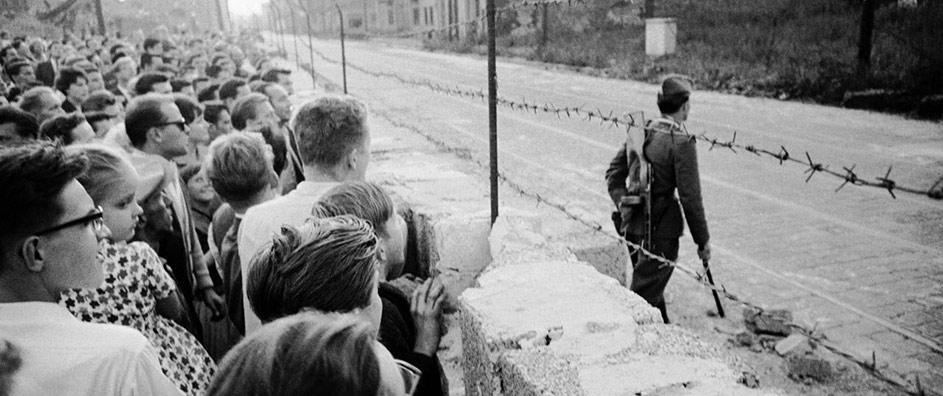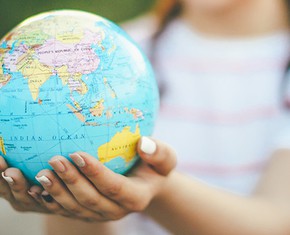The views expressed in our content reflect individual perspectives and do not represent the authoritative views of the Baha'i Faith.
Think ye of love and good fellowship as the delights of heaven, think ye of hostility and hatred as the torments of hell. – Abdu’l-Baha, Selections from the Writings of Abdu’l-Baha, p. 244.
For millennia, people have organized themselves into exclusive units, called tribes or races or ethnicities or nationalities. It seems natural for people to do this—just look at the cliques that often form in high school, and you’ll see what I mean.
We know now that all of those group identities originally had a purpose, usually protection and self-defense, but they also tended to provoke a divide between people. If you belonged to one of those “in-groups,” then you also created “out-groups,” enemies, or what psychologists call “the other.”
As that dividing mechanism occurs, Professor Ian Robertson of Trinity College found in his research, some people develop a desire to view the other as less than human:
When people bond together, oxytocin levels rise in their blood, but a consequence of this is a greater tendency to demonise and de-humanise the out-group. That is the paradox of selfless giving to your in-group – it makes it easier for you to anaesthetise your empathy for the out-group and to see them as objects. And doing terrible things to objects is fine because they are not human.
This de-humanization occurs most egregiously in war. When we wage war, the others–the “enemies”–become sub-human, evil monsters, portrayed as such terrible and vile creatures that they do not deserve to live. Every soldier knows this mechanism for demonizing the enemy. During the Vietnam war, for example, American soldiers called Vietnamese soldiers “gooks,” a derogatory epithet meant to diminish their humanity—and make them easier on the conscience to kill.
Baha’is do not believe in separating human beings from each other in any way. Instead, the Baha’i teachings emphasize the oneness of humanity—which has no racial, ethnic, religious or national borders. The Baha’i teachings say that the old divisions of religion no longer apply, that you cannot simply claim a religion and escape its moral teachings, and that your belief system is defined by your actions:
In former times men either became believers, or else they became enemies of the cause of God…. Faith consisted in the blind acceptance of these truths and those who accepted were considered saved, the rest were doomed to perdition. But in this day the question is far more important. Faith does not consist in belief, it consists in deeds. – Abdu’l-Baha, Divine Philosophy, p. 38
The in-group psychology that allows us to demonize others can transform the entire world into an armed camp, where opposition becomes normative and we start to think of people, not as fellow human beings, but as enemies. When that happens, conflict follows.
Instead, the Baha’i writings urge everyone to completely banish the very concept of an enemy from their hearts:
Baha’u’llah has clearly said in His Tablets that if you have an enemy, consider him not as an enemy. Do not simply be long-suffering; nay, rather, love him. Your treatment of him should be that which is becoming to lovers. Do not even say that he is your enemy. Do not see any enemies. Though he be your murderer, see no enemy. Look upon him with the eye of friendship. Be mindful that you do not consider him as an enemy and simply tolerate him, for that is but stratagem and hypocrisy. To consider a man your enemy and love him is hypocrisy. This is not becoming of any soul. You must behold him as a friend. You must treat him well. This is right. – Abdu’l-Baha, The Promulgation of Universal Peace, p. 267.

















Comments
Sign in or create an account
Continue with Googleor